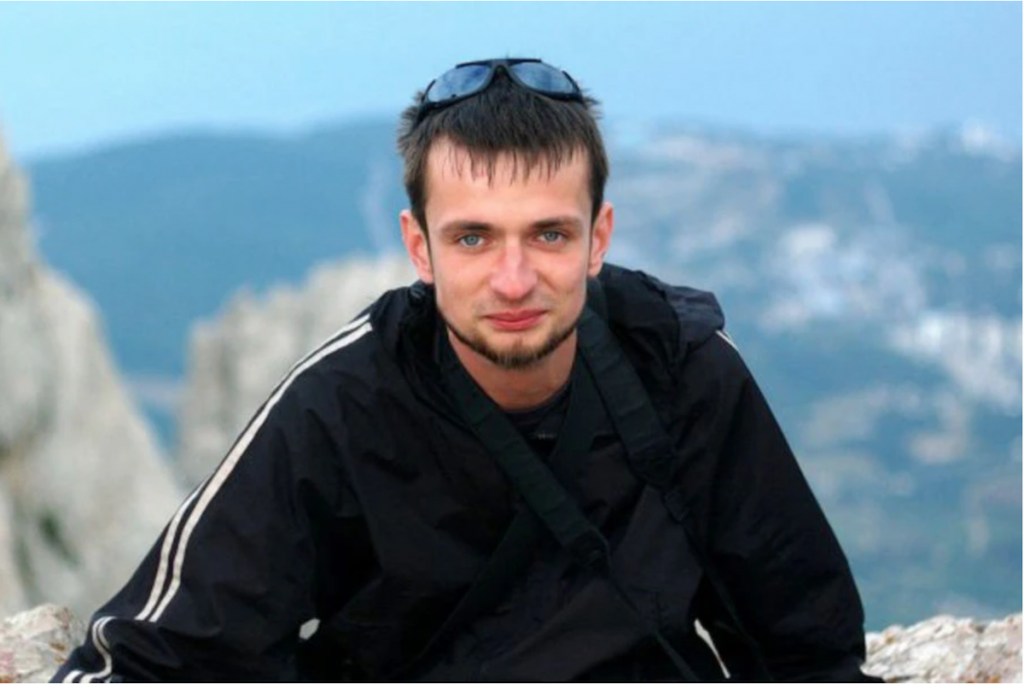Journalist detained in Moscow ends up in jail in Belarus
Belarusian journalist kidnapped in Russia
The journalist of the Belarusian edition of the Russian pro-government publication was detained in Moscow, after which he ended up in prison in Belarus. This happened after the publication of his material about the Belarusian who put up armed resistance to the special services.
Gennady Mozheiko, 39, a journalist from Komsomolskaya Pravda in Belarus, was detained in Moscow on October 1. Two hours after the arrest, it turned out that he was already in a place that has become synonymous with the horrors of the Belarusian protest – an isolation ward on the Akrestsin Street in Minsk, the Russian newspaper Novaya Gazeta reports.
- Opposition activist sentenced to 11 years in prison on ‘extremism’ charges in Belarus
- Lithuania struggles to cope with the influx of illegal migrants from Belarus
- Afgan Mukhtarli: “They told me the Georgian government took a bribe to kidnap me”
The journalist was arrested after the publication of an article about the murdered Belarusian, who put up armed resistance to the special services.
Andrei Zeltser was killed on September 28 when KGB law enforcement agents in civilian clothes came to him with a search. When they broke into the apartment, 31-year-old Zeltser fired a hunting rifle and mortally wounded an Alpha unit fighter. Zeltser was killed in return fire.
After that, many media outlets began to collect details of this tragedy from a few sources. Some, for example, managed to talk to Zeltser’s relatives and friends.
At about 22.00 on the day of the shootout, Komsomolskaya Pravda in Belarus also published a story about the incident. “A classmate of a guy who shot a KGB officer:“ Andrei could always stand up for himself ”- this was the title of a text prepared by Gennady Mozheiko.

Three minutes after the publication, the editors changed the title to a more neutral one, but the benevolent memories of Zeltser remained inside the publication.
By the morning of the next day, September 29, the site of Komsomolskaya Pravda in Belarus stopped opening. Readers were greeted with an inscription that the portal was blocked by the decision of the Ministry of Information of Belarus – because of the publication, “which contains information that contributes to the formation of sources of threats to national security, consisting in artificially escalating tension and confrontation in society, between society and the state”.
Komsomolskaya Pravda is one of the most loyal print media in Russia to the authorities, which Russian President Vladimir Putin even called his “favorite newspaper”.
Restrictions on the work of the Komsomolskaya Pravda website in Belarus violate freedom of the media, said the press secretary of Russian President Dmitry Peskov.

On October 1, seven investigators came to the apartment of Gennady Mozheiko in Belarus with a search. Operational actions took place within the framework of criminal cases on “inciting social hatred” and “insulting a representative of the authorities” – precisely under those articles under which about 80 people were detained in the last two days, leaving comments about the shot Zeltser on social networks.
At that time, according to the testimony of his parents, the journalist was already in Moscow.
On October 1, Mozheiko disappeared. The first to report his disappearance were human rights defenders of the Belarusian organization Viasna and his colleagues.
On the night of October 1-2, Mozheiko’s mother received a call and said that her son had been detained and was being held in an isolation ward at Akrestsin Street in Minsk. The relatives were not provided with any other information.
At the same time, it remained unclear under what circumstances Mozheiko was detained. The Ministry of Internal Affairs of Belarus reported that the journalist was detained on the territory of Belarus.
On October 4, a lawyer was allowed to visit the detained journalist, reports the Belarusian independent Euroradio. He confirmed that Mozheiko had been detained by the Belarusian KGB under the articles on “Inciting racial, national, religious or other social hostility or hatred” and “Insulting a representative of the authorities”.



















